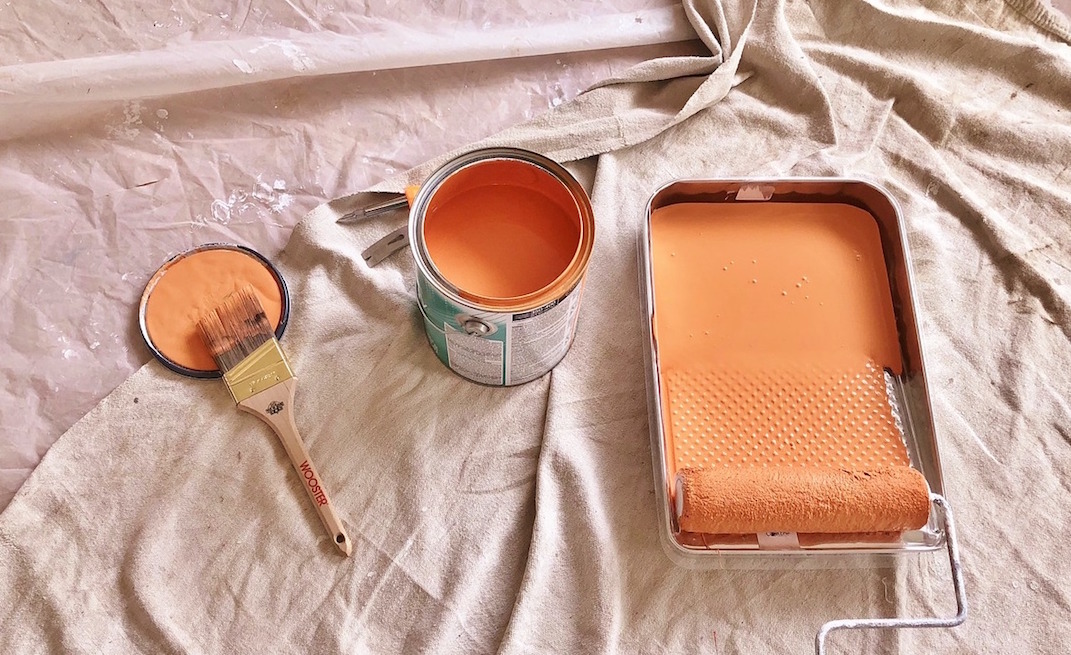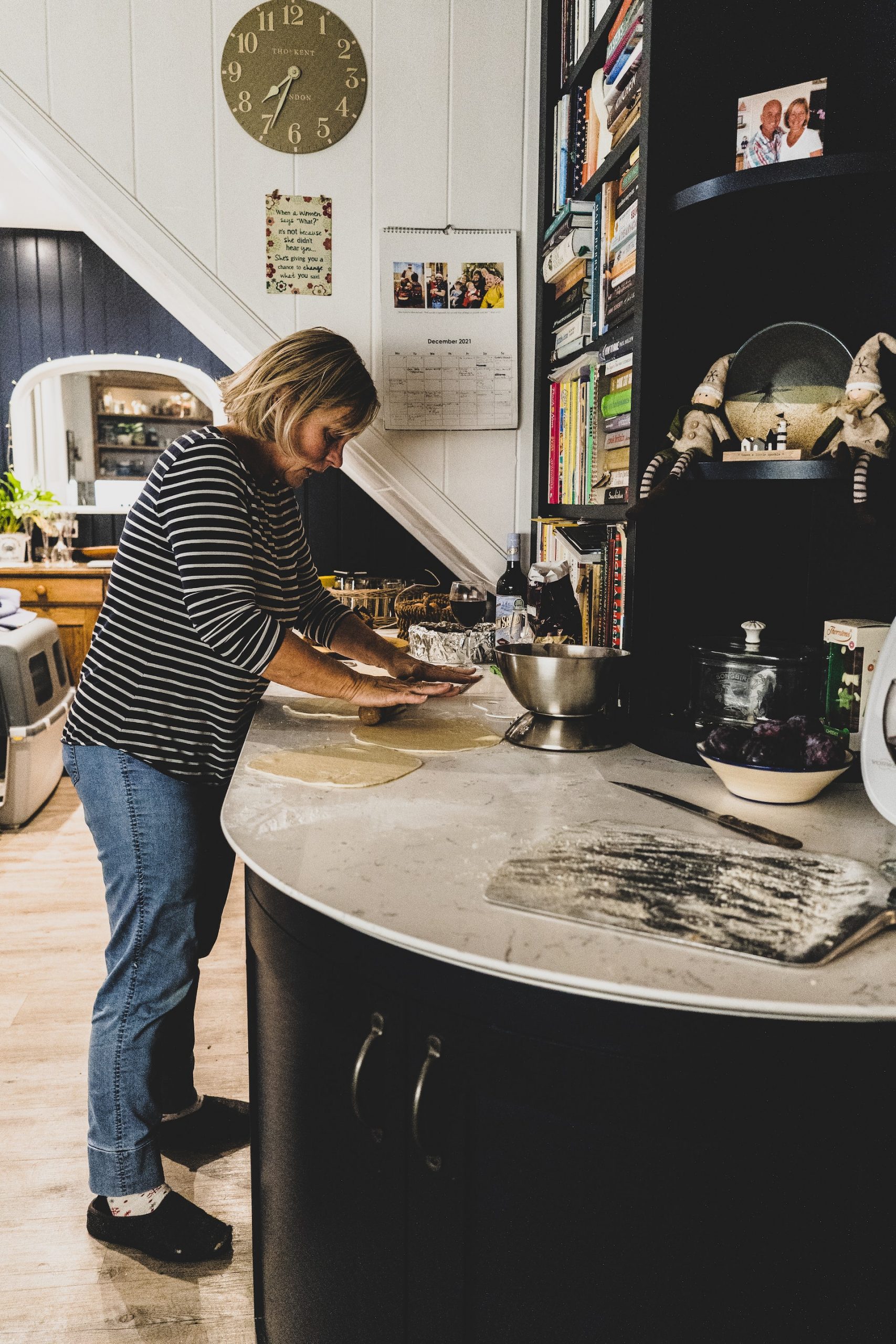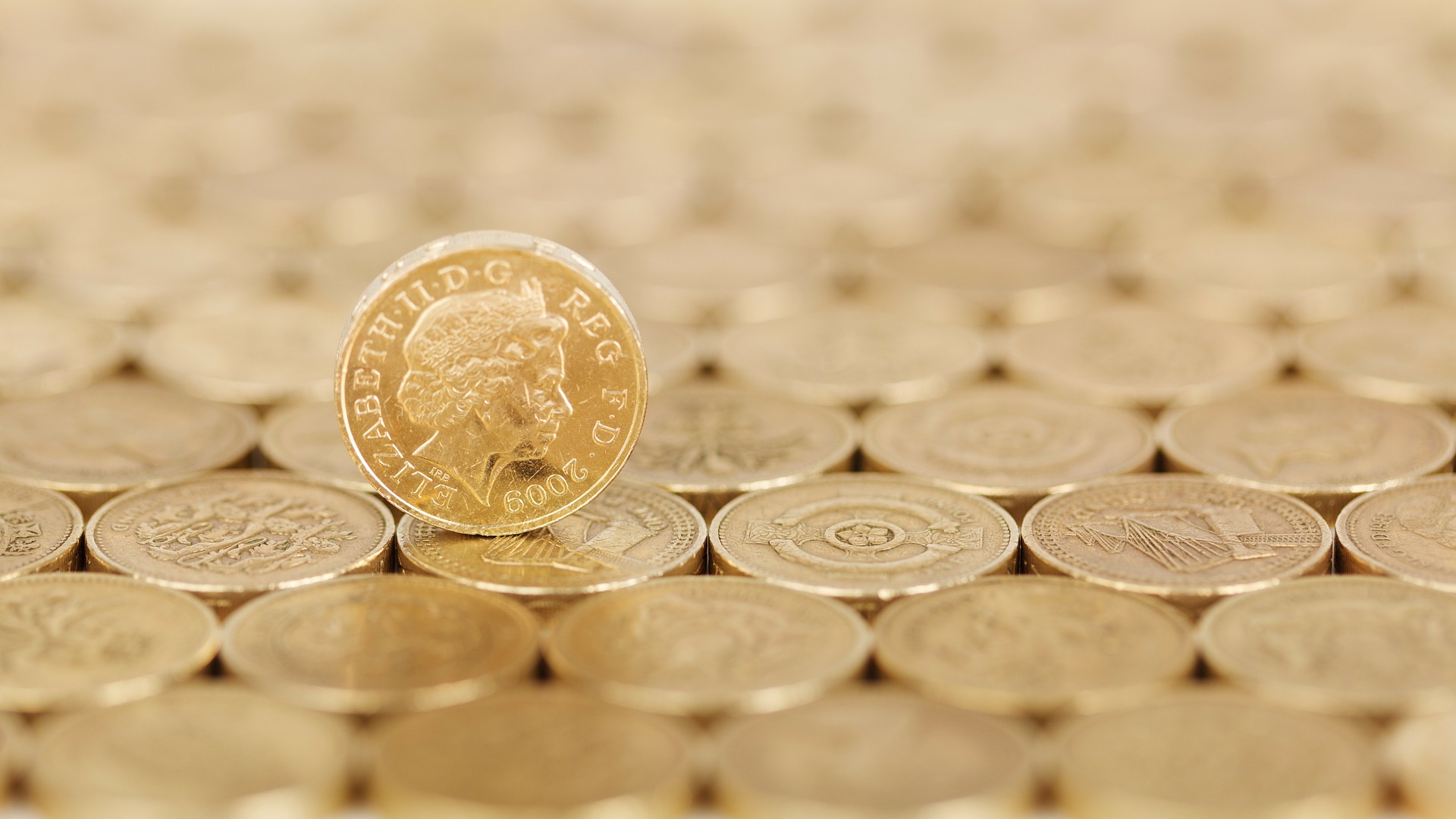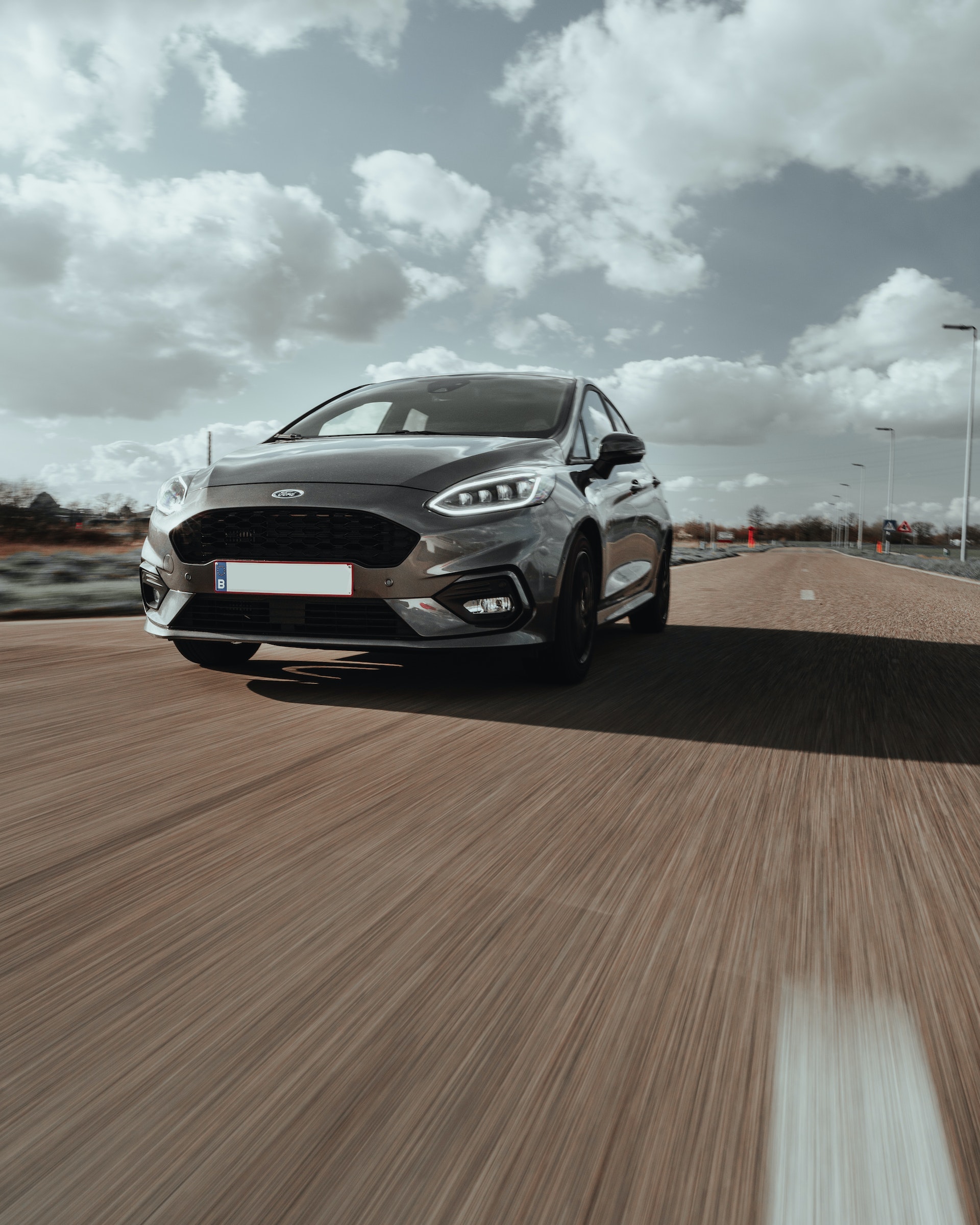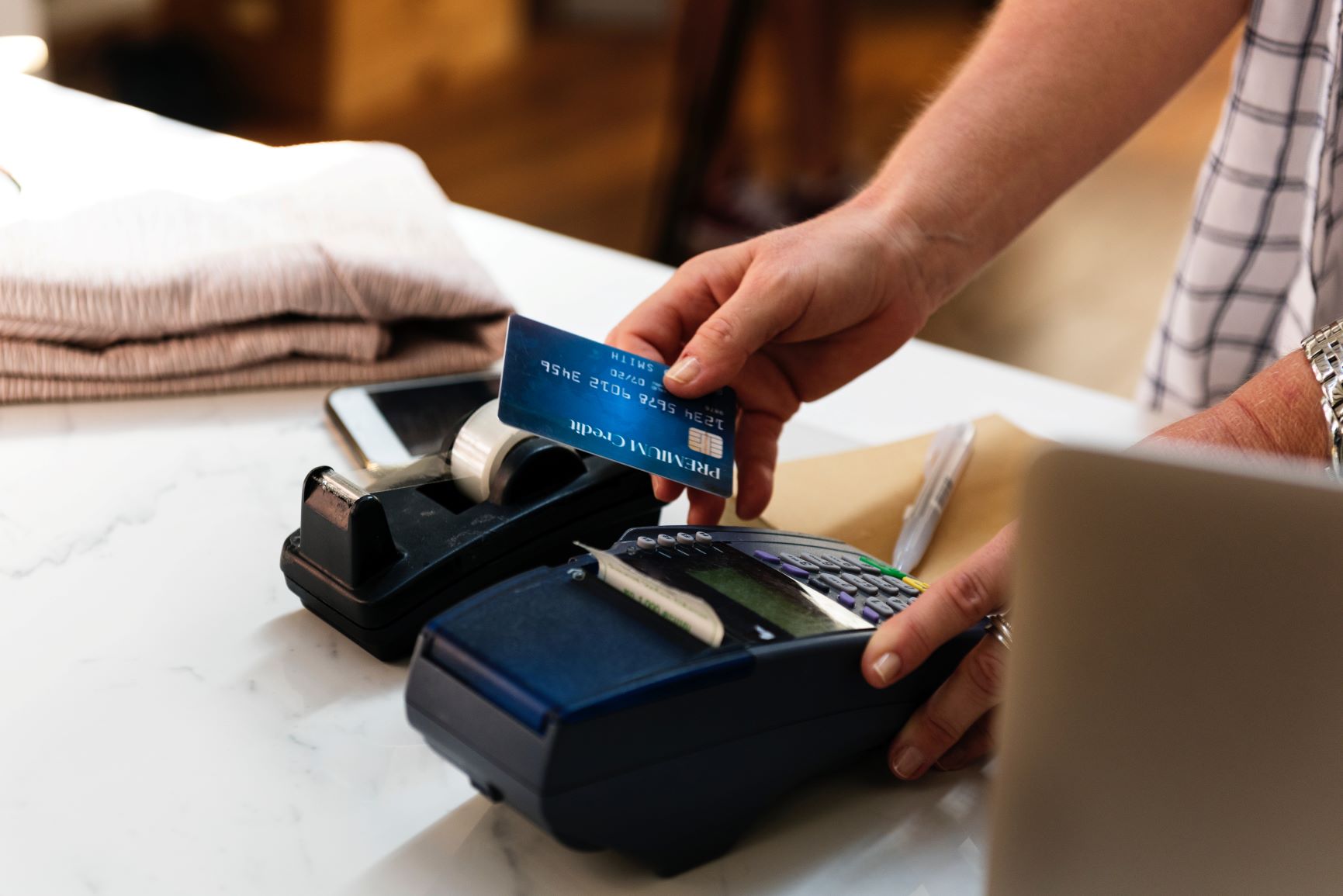If you’re looking into getting a loan, you will often hear the terms ‘unsecured’ and ‘secured’ being talked about. What are secured, vs. unsecured loans? This is because it is one of the most important ways to categorise different types of loans. But what is the difference between secured and unsecured loans? And what are the advantages of a secured loan vs the advantages of an unsecured loan? Read on to find out.
You may assume that secured = safe, and unsecured = risky. It’s not necessarily the case, and definitely isn’t that simple. You certainly wouldn’t be alone in making that mistake.
In a nutshell, the fundamental difference between a secured and unsecured loan is whether you have to back the credit with ‘collateral’. Collateral is money or an asset you offer as a guarantee against the amount you borrow. Lenders can claim this if you don’t pay back the money you owe.
This is the basic concept, but there’s a little more to it than that. Keep reading to learn everything you need to know about secured and unsecured loans.
What is a secured loan?
If a loan is secured, this means it is tied to something valuable that you own. The reason for this is that this ‘collateral’ is meant to act as a guarantee that you’ll pay back your debt. Secured, vs. unsecured loans, mean you promise something to the lender if you default. If for some reason you can’t pay back the money you owe, the lender has the right to take away the asset, which they can then sell to pay off the debt.
The most common types of secured debt are mortgages and car loans. Here, the property being financed is the same thing that you put up as collateral. The lender technically owns part of the property until you pay off the loan. This means there’s less risk for the lender, but more risk for you as the borrower.
In the case of an auto loan, if you don’t make your payments on time the lender can eventually take your car. With a mortgage, your home acts as the guarantee. Until you pay off your mortgage in full, the lender has a right to seize your house if you default. A scary thought – no one wants to lose their home or car!
Other types of loans, including large personal loans, can also be secured. You can choose something valuable to use as collateral. This could be your home or car, a savings account, or even expensive jewellery.
What are the advantages of a secured loan?
You may be wondering, ‘since this is risky for me, what are the benefits of getting a secured loan?’ Here are a few major advantages worth knowing:
- Secured loans are usually a lot easier to get. This is because you as the borrower have more to lose if you default on payments. Lenders see this type of loan as lower risk for them. If your credit history isn’t great, there’s a better chance of a lender approving you for a secured loan than an unsecured loan.
- Secured loans often have lower rates of interest. Again, because this type of loan is less risky for the lender, and they generally will offer lower interest rates. If you know you can keep on top of payments, you’ll save yourself a bunch of money by taking out a secured loan.
- You can make repayments over a longer period. Secured loans typically allow you to spread repayments over a more extended period. This means more flexibility in paying off the debt.
- You can borrow larger amounts of money. Lenders will be happier to let you borrow more when they can be sure they’ll get this money back. If you’re looking to make a big purchase, like a car or a house, a secured loan can give you access to the funds you need.
What is an unsecured loan?
An unsecured loan, as you’ve probably worked out by now, is a loan without collateral. This is the difference between secured vs. unsecured loans. This type of loan is based only on your ‘creditworthiness’ and your promise to pay back what you owe.
Creditworthiness just means how likely it is that you will be able to pay back debt. To see if you are creditworthy, lenders will look at your credit report and personal information to check what kind of a borrower you are. This indicates how risky it will be for them to lend to you.
You can get a good idea as to how lenders score you by getting your free Lender Report.
Most credit cards and small personal loans are unsecured. If you’d like to borrow a small amount of money over a short period, an unsecured loan may be the best option for you. There is less risk of losing a valuable asset if you fail to pay back the money you owe.
Some other things to consider with unsecured loans
Although unsecured loans are less risky for you, there are a few other factors you may want to consider:
- Unsecured loans usually have higher interest rates. Because this type of loan carried more risk for the lender, they will generally offset this risk by charging higher rates of interest on the loan. This can make an unsecured more expensive in the long run for you.
- Unsecured loans can have higher monthly repayments. The repayment period is usually shorter for unsecured loans, which means you may have to shell out a larger amount of your income each month for paying back what you owe.
- You won’t be able to borrow a large amount. Normally, if you want to borrow a hefty amount of money, lenders won’t let you borrow if you can’t put up collateral as a guarantee.
- Your credit report will need to be in good shape. If lenders can’t rely on collateral as a guarantee they’ll get their money back; they will want to check that you are a reliable and low-risk borrower. If you have red flags on your file, such as missed or late payments, a very short credit history, or current unemployment, lenders may reject your loan application.
Is a credit card a secured or unsecured loan?
As we’ve already covered, typically a credit card will be unsecured. If you struggle to pay back credit card debt and need to default, lenders won’t be able to take away anything you own as a way of getting their money back.
But beware! This doesn’t mean there are no consequences if you mess up with your card. If you miss payments or default on your credit card debt, this will severely damage your credit report, and affect your future ability to borrow money.
It is possible, however, to get a secured credit card. A secured credit card an initial cash deposit that you make beforehand, and the deposit is usually the same amount as your credit limit. This type of card can be a good option if you don’t yet have a payment or credit history for lenders to check, or if you have a poor credit history.
Secured vs unsecured loans – which is right for me?
Whether you want to take out a secured or unsecured loan will depend on your aims and personal financial position. If you need a loan for a large expense, like a major renovation or even for buying a home, a secured loan may be the best option. On the other hand, if you have an excellent credit history, and only need a smaller loan, then an unsecured loan could be right for you.
If you’d like to know how potential lenders will score you, and see offers tailored to your needs and personal credit report, you can set up a free Credibble account. Choosing and applying for the right type of loan could save you money, minimise your risk, or reduce the chance that your application is rejected.
Credibble offers two fabulous solutions.
If you’re preparing to take a mortgage, never apply until you’ve tried our unique and FREE Credibble Home app. Our smart technology will tell you what you need to fix so you avoid rejection. The app predicts when you will be able to buy, for how much and tracks your month-by-month progress to mortgage success. We’ve even added your own mortgage broker, so you get the best deals available.
More focused on your credit rating? Well, get started for free with Credibble’s 24- Factor Credit Check to truly help you improve your creditworthiness and how lenders view you. (Remember: lenders don’t use your credit score! We’ll show you what lenders look for and how to get your credit report in the best shape possible).
Last updated by Robert Edwards, April 2022

